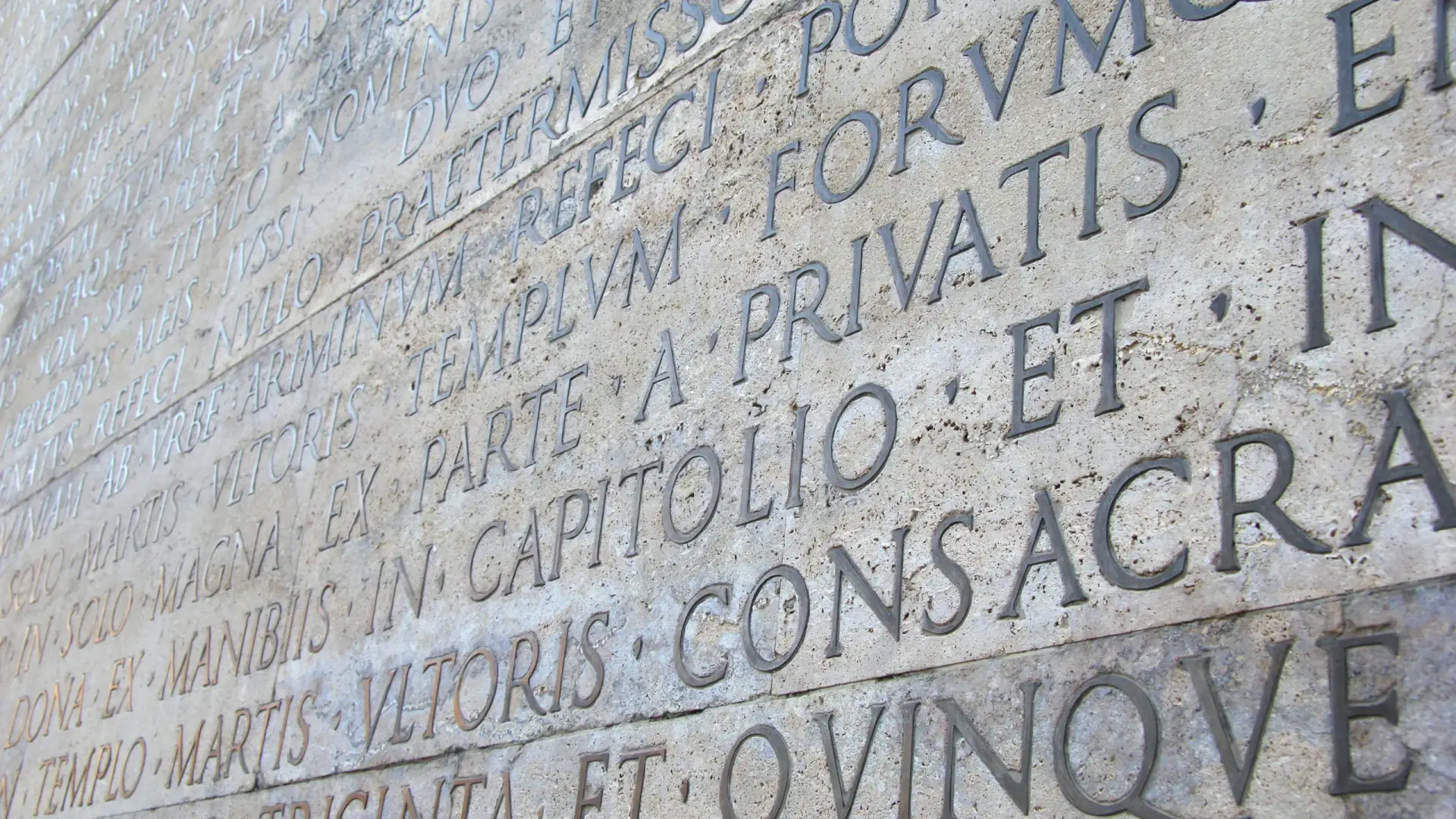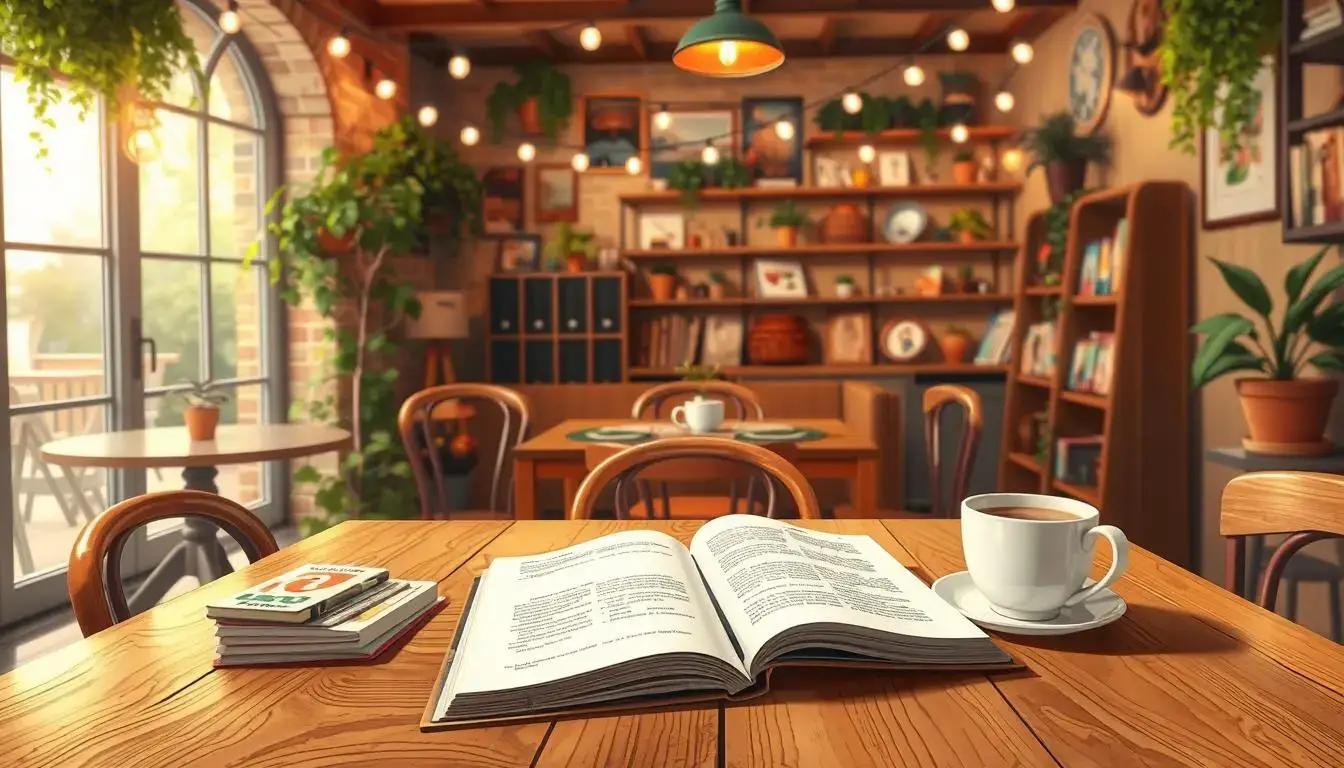When a foreign speaker speaks English to us, we never really think much about the effort that goes behind it; speaking the lingua franca is almost a given, these days. This feeling, however, does not really apply to the Italian sphere. When an Italian hears a visitor trying to pronounce even the simplest of words, a radiant smile will usually appear on her face.
Learning just a few simple phrases can go a long way: not only will you learn some basic essentials – which could always be useful in specific situations – but your interactions with the natives will be much smoother and enjoyable.
This guide provides you with fifteen among the most common (and useful) Italian travel phrases which a visitor will come across at some point – though, hopefully, not all of them! Some of these expressions are sometime accompanied by either concrete examples of their use or by key etiquette tips to help you navigate the at-times choppy waters of cultural differences.
Why Learning Basic Italian Phrases Matters for Travellers
Striking a chord with Italian speakers is not the only reason why you should learn some basic Italian phrases. Although you will find many young Italians able and willing to converse in basic English, this can’t be said for the majority of the population, especially in smaller towns and rural areas. French was taught as the main language in school until recently, so some older people have never really got a proper chance to learn English. In contrast with neighbouring Spain, moreover, in Italy English-speaking films tend to be dubbed, further removing a chance to getting exposed to the ‘common tongue’.
This means that, for instance, if you find yourself wandering the alleyways of Massa Marittima – a small, medieval hamlet nested on the wooded hills of Southern Tuscany – it will be more fruitful ordering a coffee or asking where the cathedral is in basic Italian rather than in English. And this is nothing that cannot be learned easily and fast enough before your travels, even with a short language session!
As anywhere else in the world, locals warm up to visitors who are in touch and understand their local customs. For instance, entering a church without the proper clothing may result in your visit being hampered by staring locals, or even in you being prevented from entering. This is why it is essential to understand some basic cultural differences and Italian etiquette, alongside language expressions – something which will go a long way in facilitating and enriching your Italian experience.
Essential Italian Phrases for Travellers
Greetings and Politeness Phrases
Buongiorno – Good morning / Good day
Italians use “Buongiorno” to greet people in the morning and in the early afternoon. It is a polite and respectful way to start a conversation, whether in a shop, a café or when meeting someone for the first time.
Cultural tip: Shops and cafés in Italy often greet customers as they enter. It is polite to respond with “Buongiorno” rather than staying silent.
Common mistake: Some English speakers mistakenly say “Buongiorno” in the evening. After around 5 pm, it is better to say “Buonasera” (Good evening).
Salve – Hello
This expression is used as a more formal alternative to “ciao”. People will generally use it when greeting someone politely in a shop or restaurant.
Curiosity: The expression originally derives from the Latin “salvere”, which means ‘to be in good health’.
Common mistake: Using “ciao” when entering a café or a shop to greet someone you have never met before is considered quite impolite. However, amongst young people it is quite common to greet each other with “ciao”, even when two people do not know each other; “salve” is felt to be quite too formal in this instance.
Grazie / Prego – Thank you / You’re welcome
“Grazie” is essential for being polite when receiving service in a restaurant, café or shop. “Grazie mille” is the enhanced version of it. “Prego” is usually the polite response – you may find some people replying with “di nulla” (‘not at all’), however.
Cultural tip: Italians appreciate politeness, as everyone else. A simple “grazie” can go a long way.
Scusi / Mi scusi – Excuse me / I am sorry (formal)
“Scusi” is used when getting someone’s attention in a polite way, such as when asking for directions. “Mi scusi” is an apology in a formal setting.
Example: If you accidentally bump into someone in a busy market, saying “Mi scusi” is considered good manners.
Common mistake: People – especially older ones – may considered impolite if you address them with “scusa” rather than “scusi”. The former expression is an informal one, used between people who know each other or, generally, among younger people.
Ordering Food and Drinks
Vorrei un caffè, per favore – I’d like a coffee, please
“Vorrei” (I would like) is the polite way to order food or drinks. “Per favore” is the typical expression added to every request to make it more polite.
Cultural tip: In Italy, if you ask for a “caffè”, you will be given an espresso. If you want a larger, filter coffee, order a “caffè americano”. “Latte” as such does not exist in Italy: if you ask for it, you will receive only milk! Better to ask for a “caffelatte” instead.
Il conto, per favore – The bill, please
Italians do not rush customers in restaurants, so the bill will not be brought unless requested.
Example: When ready to pay, simply catch the waiter’s attention and say “Il conto, per favore”. If you want to be even more polite, you can say: “Potrei avere il conto, per favore?” (‘May I have the bill, please’?).
Cultural tip: In many restaurants, you will see many Italians going to pay directly at the till when they are ready to leave; feel free to do the same if you are in a rush!
Potrei avere il menu, per favore? – May I have the menu, please?
This phrase will be useful in smaller restaurants where menus may not be handed out immediately, or if you want to check one before sitting down.
Cultural tip: Many Italian restaurants have a “coperto” charge for bread and service, which is not the same as a tip. If your bread basket is empty, you can always ask for more at no extra-charge; bread is never denied in a restaurant! Tips are not required in Italy, though they are always appreciated.
Getting Around and Asking for Directions
Dov’è il bagno? – Where is the bathroom?
An essential phrase to know when travelling. If you want to be more polite, you can ask: “Scusi, dov’è il bagno, per favore?” (Excuse me, where is the toilet, please?).
Cultural tip: Public toilets in Italy often require a small coin to enter – make sure you always have some change with you! Also, toilets in bars and cafés will usually expect you to buy something before using their toilet – even a small bottle of water will do.
Quanto costa? – How much does it cost?
A common phrase used in markets and shops when asking for the price of an item.
Example: “Scusi, quanto costa questa giacca?” (Excuse me, how much does this jacket cost?). Another equivalent that you may hear a lot when scouting markets is “quanto è?” (literally, “how much is it?”).
A che ora parte il treno? – At what time does the train leave?
If you are travelling a lot around Italy, this is an essential phrase to have when using public transport. You can substitute “il treno” with other means of transport – for instance, “il bus” or “l’aereo” (the plane).
Cultural Tip: There are several types of trains in Italy, depending on their speed. The “Frecciarossa” is the state-owned high-speed network, which only runs between the biggest cities across the country. The “Regionale” is a slower, local service which stops at several, smaller places along the way. The “Intercity” is a halfway between the two above-mentioned services in terms of cost and speed.
Emergency and Help Phrases
Aiuto! – Help!
An essential if you find yourself in an emergency to get immediate attention.
Useful Tip: If you need urgent medical assistance, you can ring 118 (ambulance service). For the police, ring 113.
Parla inglese? – Do you speak English?
This is a polite way to ask if someone speaks English before continuing a conversation.
Cultural Tip: Young people will be very willing to converse in English with you in order to practise their skills – if you need help, ask them! Older Italians tend not to be very well versed in English, especially in smaller, less visited areas.
Non capisco – I don’t understand
Whenever someone addresses you in Italian and you do not understand what he/she is saying, you can use this very useful sentence.
Example: “Non capisco, mi dispiace. Può ripetere, per favore?” (I don’t understand, sorry. Could you repeat it, please?). If someone is speaking too fast for you to understand, you can politely ask “Può parlare più lentamente, per favore?” (Could you speak more slowly, please?).
Ho bisogno di un medico – I need a doctor
An essential phrase in case of illness or a medical emergency.
Cultural Tip: In Italy the healthcare system is regionalised – that is, each region has autonomy over its own healthcare. The ASL (Azienda Sanitaria Locale) is the public health authority present everywhere. As a tourist, you can access medical services for emergencies by paying a fee, which will differ depending on the region you find yourself in.
Mi sono perso/a – I’m lost
If you are ever in a position where your mobile data does not work or your phone battery has run out, you can use this phrase to ask for help in navigating unfamiliar streets.
Example: “Mi sono perso. Può dirmi dove è il duomo, per favore?” (I am lost. Could you please tell me where the cathedral is?”)
Cultural Tip: If you are lost, asking for the nearest landmark or piazza is often more helpful than asking for a specific address. Whoever helps you will thus be able to redirect you more effectively.
Final Tips for Speaking Italian with Confidence
‘What is the point of learning a few phrases if I cannot actually understand when an Italian speaks to me?’, you may justly wonder. In truth, a little goes a long way: Italians do appreciate every effort a foreign speaker takes in pronouncing even a few words – and it can positively affect their attitude towards you. This is because simple phrases demonstrate your willingness to show respect and understanding towards the other.
‘I am shy, thus I can’t speak’, you may counteract. That’s also fair enough. But remember: learning a few basic Italian words for travel is a great place to start. After all, Rome wasn’t built in a day, and every little effort you take, counts. And if all you need is someone to help you boost your confidence and skills, you’re in the right place!
Ready to Speak Italian? Learn with a Native Tutor!
Have you found these Italian phrases for tourists useful? Do you want to add more to them and begin an actual conversation? Contact Us to book a trial lesson or travel-focused Italian session to enrich your travels to Italy even further!





